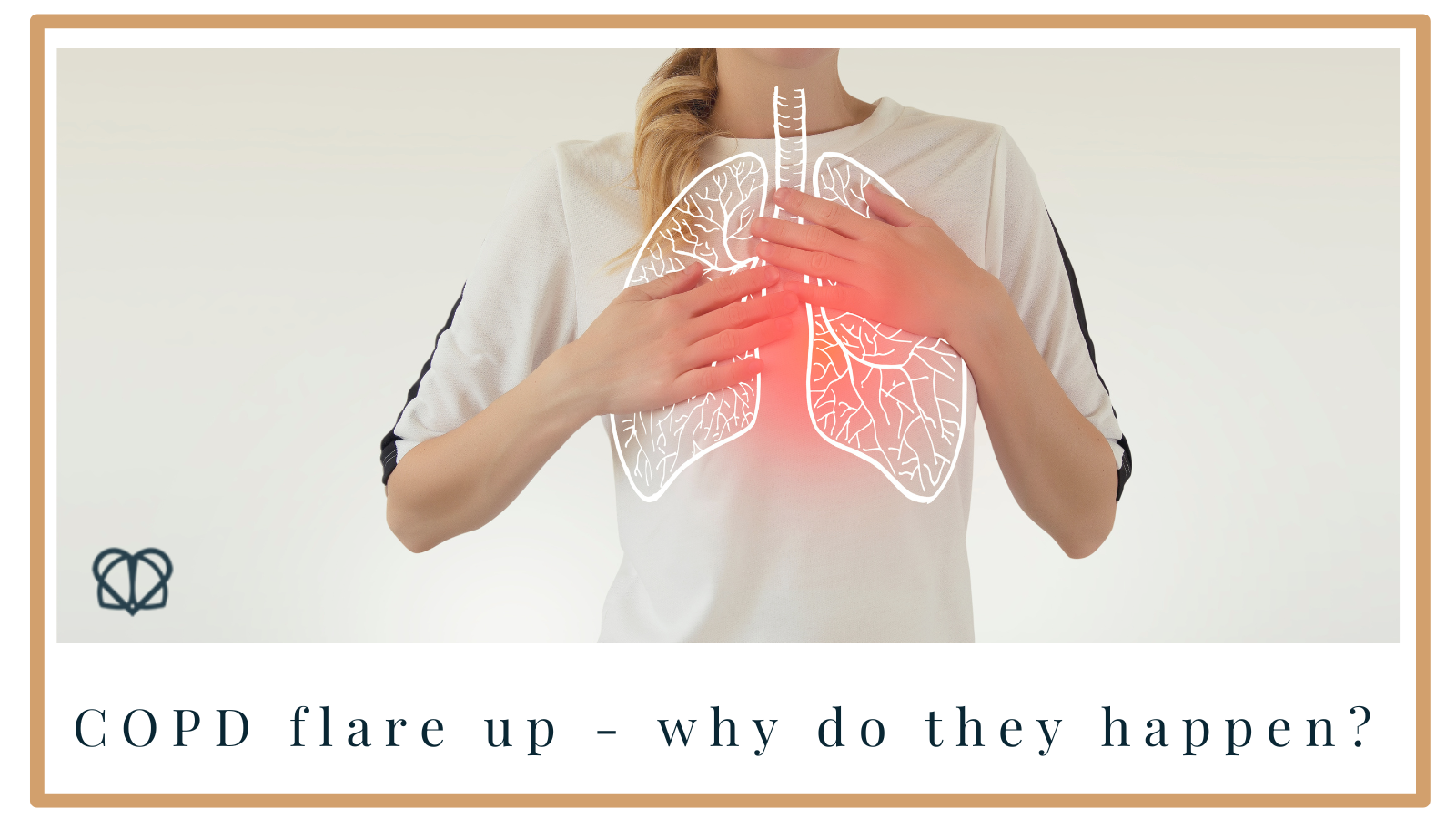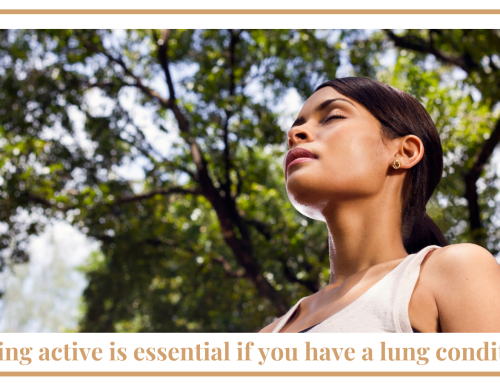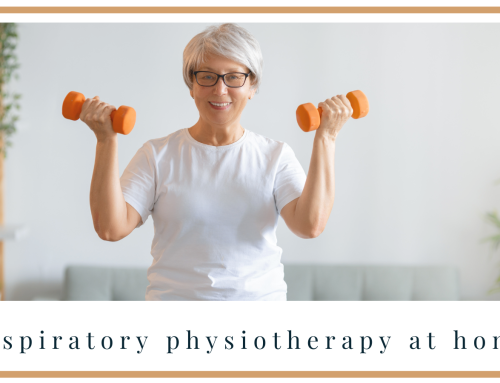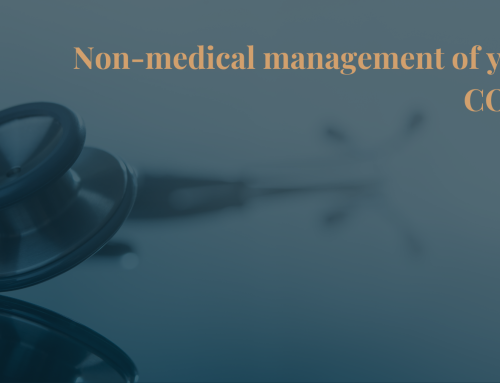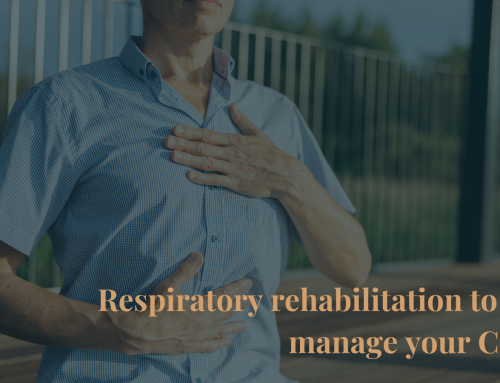What is your ‘normal’ when it comes to COPD symptoms? And when are you experiencing a COPD flare up?
In medical terms, a flare up of symptoms is often referred to as an exacerbation.
Patients often tell us how confusing their COPD symptoms can be, especially when they are first diagnosed, and many struggle to recognise the signs and symptoms of an exacerbation. Questions we frequently get asked include:
- How should I be feeling on a ‘normal’ day when my symptoms are under control?
- What should I look for when I’m having an exacerbation?
- How do I know I need to take action?
What is a COPD exacerbation?
For many, living with COPD means living with day to day symptoms such as:
- Shortness of breath, especially during physical activities
- Wheezing
- Chest tightness
- A chronic cough that may produce mucus (sputum) that may be clear, white, yellow or greenish
- Frequent respiratory infections
- Lack of energy
You may find that you experience some of these symptoms on most days (to a degree), but when we refer to an exacerbation, we mean a sudden worsening of these symptoms which
- may last 2 days or more
- may get worse
- do not go away
Common signs and symptoms of a COPD exacerbation:
Every time you experience a flare up there is a risk of permanent, irreversible lung damage; so it’s vital you learn to recognise the signs so you can take action quickly.
- Increased coughing
- Change in amount, colour and thickness of phlegm (secretions on your chest)
- Faster breathing rate
- Increased shortness of breath when moving and/or sitting still
- Increased wheeze or noise when breathing
- Lower oxygen levels than your ‘baseline’
- Chest tightness
- Feeling more tired and generally unwell
Exacerbations can sometimes be serious, so please ensure you seek medical attention if symptoms become or remain severe.
Why do flare ups happen?
There are some common triggers that cause a COPD flare-up which include
- lung infections, colds, and other illnesses
- changes in the weather or the season, especially the arrival of cold dry air or very hot air
- smoke and other air pollutants
- exposure to dust, pollen, and other allergens in the air
- feeling anxious or stressed
How can you minimise the risk of a COPD flare up?
There are steps a person can take to prevent COPD flare-ups. These include:
- quit smoking – if you’re a smoker, quitting should help, as will avoiding passive smoking
- consider getting a medical grade pulse oximeter – this is a clip-on device that measure oxygen saturation so you can be more aware of your levels and give you peace of mind
- make sure you take any prescribed medication – as well as using your inhalers which help to keep symptoms under control
- make sure you attend regular health checkups – this will help monitor the progression of your COPD and pick up any issues before they become too severe
- try to avoid exposure to people who have a cold or and other contagious viral infections – to avoid you catching one yourself
- try to avoid exposure to pollutants – including smoke and dust which can trigger a flare up
- make sure you stay up to date with all your vaccinations – including flu, pneumonia, and COVID
- try to avoid extremely cold temperatures – this can exacerbate any symptoms
- stay as active as possible – exercise strengthens the breathing muscles and skeletal muscles which helps to ease shortness of breath
- eat a nutritious, well-balanced diet – it’s important to make sure you eat enough of the foods that provide the energy, vitamins, and minerals your body needs
- washing the hands frequently – this helps reduce your exposure to germs and helps you stay well
- pulmonary rehabilitation – sign up to our respiratory rehabilitation program!
Respiratory rehabilitation for COPD
We run our respiratory rehabilitation programme – our version of pulmonary rehabilitation – on a bespoke basis 1:1. You will learn all about your condition, how to manage it, what your individual signs and symptoms of an exacerbation are, what to do during an exacerbation and we will help you build physical strength, endurance and confidence to live an active, independent and fulfilled life.
You can undertake respiratory rehab at any point during your diagnosis, and whilst we recommend a minimum of 6 weeks of treatment, we tailor the frequency and duration of sessions around you, your goals and your physical ability.
You can book your first appointment online by selecting an initial consultation via our booking page.
Learn more about how we can help you by visiting https://www.airphysiotherapy.co.uk/pulmonaryrehabilitation/
Or please do drop us an email or call 0207 971 1464 if you’d like to know more.

